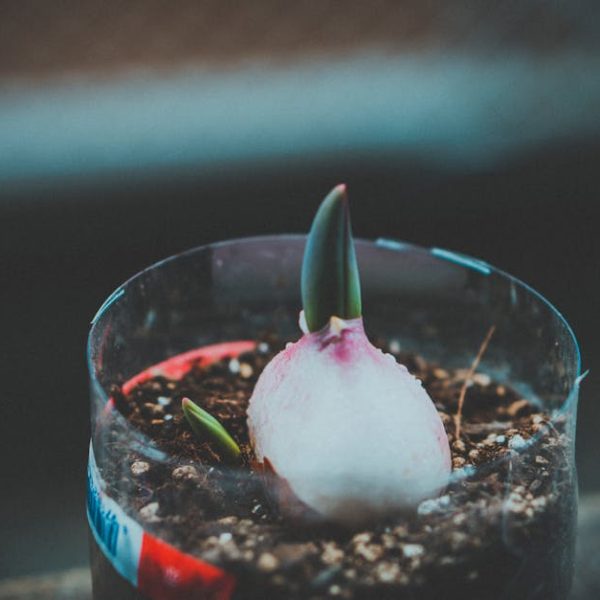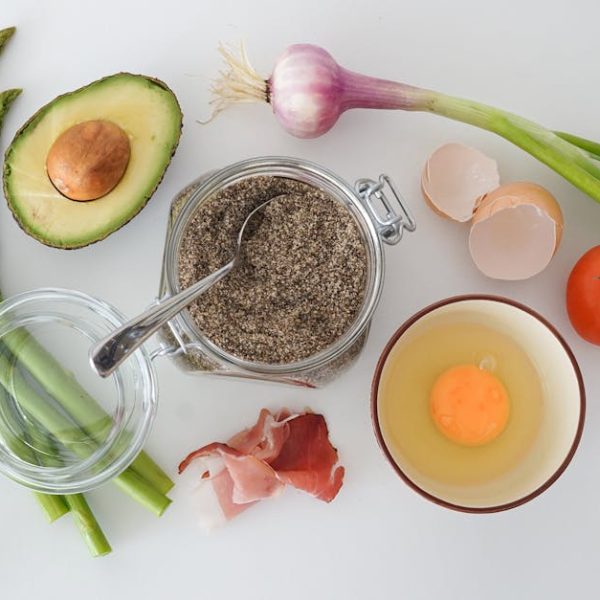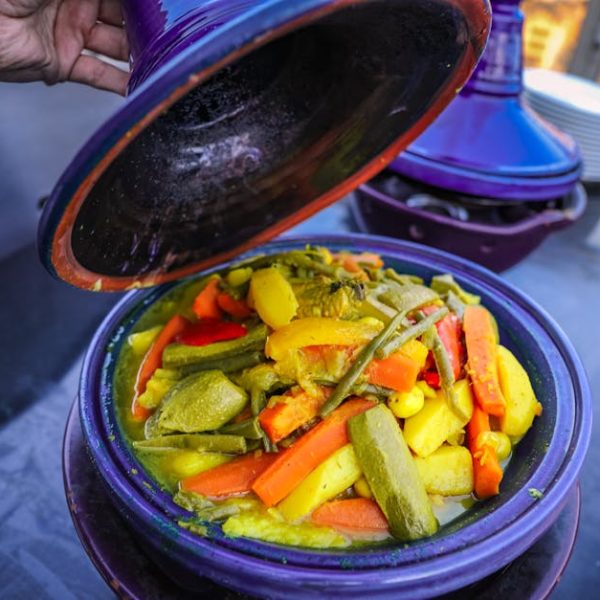Method 1: Freezing Cooked Potatoes
Did you ever consider freezing your cooked potatoes? Freezing cooked potatoes is a great way to preserve this versatile staple so you can quickly use them when needed. This method best works for dishes like stews, soups, or casseroles. To do this, start by cooling your cooked potatoes completely. Once cool, divide them into portion-sized bags. Avoid overfilling the bags; instead, leave some room for expansion. Make sure to mark your bags with the date of freezing for future use.
Pro Tips:
- Use a straw to draw out the excess air from a ziplock bag before sealing. This trick helps prevent freezer burn and maximizes storage space.
- Using vacuum-sealed bags will give your potatoes a longer shelf-life.
Checklist – you will need:
- Cooked potatoes
- Freezer bags
- Straw or vacuum sealer
- Permanent marker for labeling
Method 2: Blanching and Freezing Potatoes
Another way to freeze potatoes involves blanching. Blanching requires a little more time and effort, but it’s worth it. After cutting the potatoes into slices or dices, blanch them in boiling water for a few minutes, then cool them in an ice bath. This process helps preserve color and nutrients. Pat them dry before freezing to prevent ice crystals from forming.
Pros and Cons
- Preserves nutrients and color.
- More time-consuming than freezing cooked potatoes.
Method 3: Freezing Shredded Potatoes
Shredded potatoes freeze well and are perfect for hash browns or rostis. Start by peeling and grating your potatoes. Blanch, cool, and portion the grated potatoes before freezing.
Tips:
- Opt for a food processor with a grating attachment or a high-quality box grater for the shredding.
- Rinse starch off the shredded potatoes before blanching to prevent sticking.
Pros and Cons
- Highly convenient for breakfast recipes.
- Preparation can take more time.
Method 4: Freezing Mashed Potatoes
Mashed potatoes freeze and store beautifully. Upon mashing your potatoes, allow them to cool completely. Once cooled, package them into suitable containers or freezer bags and stow them away.
Best Practices:
- Add a bit of extra milk or cream to the mashed potatoes before freezing. They may absorb more moisture during the thawing process, keeping them creamy.
Checklist – you will need:
- Cooked mashed potatoes
- Freezer-safe container or bags
Negotiating Freezer Burn: Ensuring High-Quality Frozen Potatoes
Let’s address the elephant in the room – freezer burn. It occurs when air reaches the food and causes dehydration and oxidation. To prevent this, ensure constant temperature control and airtight sealing.
Tips:
- Keep the freezer door closed as much as possible to maintain a constant temperature.
- Rotate your stored items regularly to promote even cooling and prevent freezer burn.
Comparison
| Freezing Method | Effect of Freezer Burn |
|---|---|
| Cooked Potatoes | Results in soft texture and dull flavor |
| Blanched Potatoes | Can alter the color and texture |
| Shredded Potatoes | Can make it dry and hard |
| Mashed Potatoes | May cause it to become watery and flavorless |
Key Takeaway:
- Freezing cooked potatoes is ideal for stews, soups, and casseroles. They should be cooled, divided into portion-sized bags, and given sufficient space for expansion.
- Blanching potatoes before freezing preserves nutrients and color but may be time-consuming. The potatoes should be blanched in boiling water, cooled in an ice bath, dried, and then frozen.
- Freezing shredded potatoes is convenient for breakfast recipes, although it takes time. The potatoes need to be peeled, grated, blanched, and cooled before freezing.
- Freezing mashed potatoes is simple but necessitates extra milk or cream addition pre-freezing, as they may absorb moisture during thawing.
- Preventing freezer burn requires airtight sealing and maintaining a constant temperature in the freezer. Regular rotation of stored items is also essential to prevent uneven frosting and burn.
Preservation of food, including potatoes, doesn’t have to be challenging. With these methods, you can explore freezing potatoes and enjoy them prepared in your most preferred dishes at any time. Remember that the key element to successful preservation is preventing freezer burn by keeping the items well-sealed and temperature stable.
FAQs
Q: How long can I store frozen potatoes in the freezer?
A: Ideally, you can store frozen potatoes in the freezer for about 10-12 months if sealed and stored properly.
Q: Do I have to blanch potatoes before freezing?
A: While it’s not mandatory, blanching potatoes before freezing can help preserve their color, texture, and nutritional content better.
Q: Can I freeze raw potatoes?
A: Yes, but it’s not advisable as raw potatoes tend to turn black or brown when frozen uncooked due to an enzyme reaction.
Q: What happens when frozen potatoes get freezer burn?
A: Freezer-burned potatoes may end up with a change in color, texture, and flavor, potentially making them have a soft texture, altered color or dull.
Q: Can I freeze any type of potato?
A: Yes, but waxy potatoes like Yukon Golds and red-skinned varieties freeze better than starchy ones like Russets, which can become grainy when frozen.
Take the opportunity to share this article and explore more informative posts on the site for more food preservation tips and tricks.






